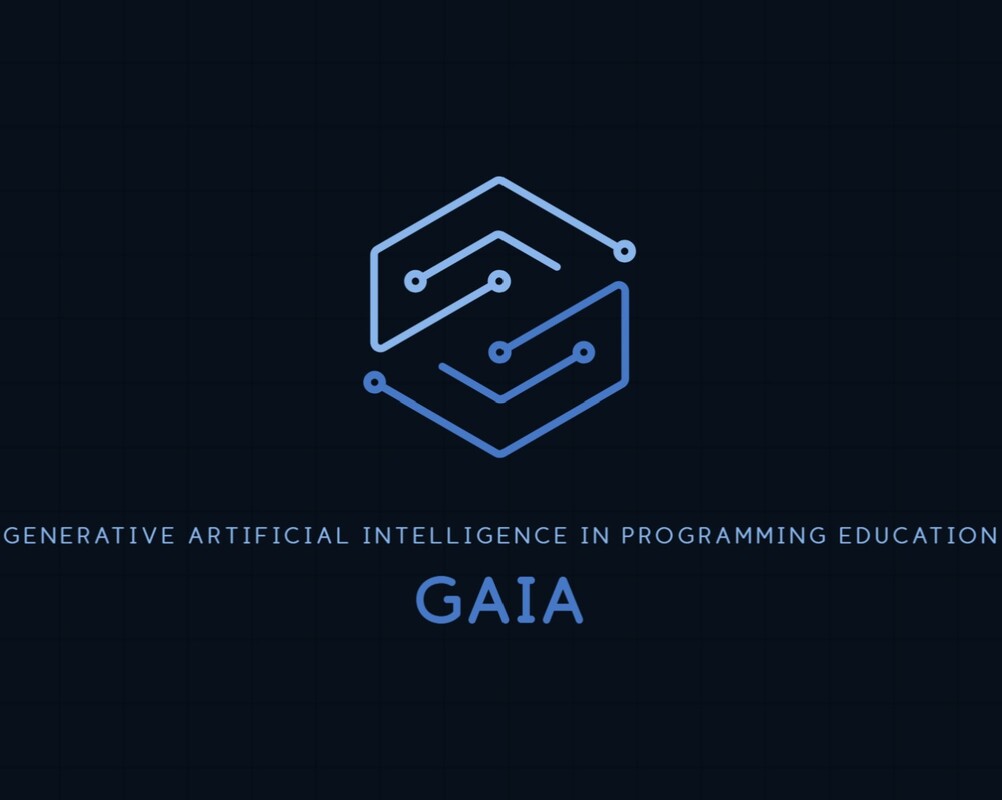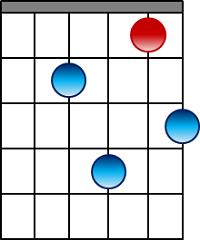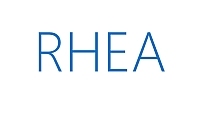TeamMeUP: Assessing the potential of computational matchmaking for the game development sectorProject Principal Investigator
TeamMeUp, funded by The Dutch Research Council, explores the potential of computational solution for team formation in the video game industry. Video game development is a creative sector with significant economic impact, relying on the efficient collaboration of creative professionals from diverse backgrounds to develop the next successful game. However, assembling an efficient team of these professionals is a challenge, leading to considerable economic and social consequences for the industry. Using optimization algorithms and insights from social sciences, TeamMeUp aims to help address the issue of inefficient talent coordination in the game industry. Timeline: 2025 Partners: Utrecht University Keywords: team formation optimization, computational matchmaking, talent coordination, game development industry |
Generative Artificial Intelligence in Programming EducationProject co-Principal Investigator
The goal of the "Generative AI in Programming Education" project is to explore the implications of generative AI tools, with emphasis on Copilot and ChatGPT, on programming education and to develop a web toolkit with resources and best practices to help teachers understand and successfully embed these tools into their teaching and assessment practices. The project is supported by the Utrecht University's Education Incentive Fund (Utrechts Stimuleringsfonds Onderwijs USO). Timeline: 2022 - 2024 Partners: Utrecht University Keywords: AI-enhanced software development, Generative Artificial Intelligence, Education transformation, Future-proof programming |
CROSSCULT
|
aCCoRdO
|
Experimedia BLUEProject LeaderExperimedia BLUE, an FP7 European Commission project, focused on the improvement of QoE (Quality of Experience) of museum visitors, by offering personalized routing and exhibit descriptions tailored to the visitors' visiting styles and cognitive preferences. A range of on-line and on-site technologies were used for this purpose including social network games, indoor localization, scheduling and personalized recommendations. The project involved real users, in a high-technology museum (Foundation of the Hellenic World) in Greece.
Timeline: 2012 - 2013 Partner: University of Peloponnese Keywords: Future Media Internet, Quality of Experience |
RHEA
|





